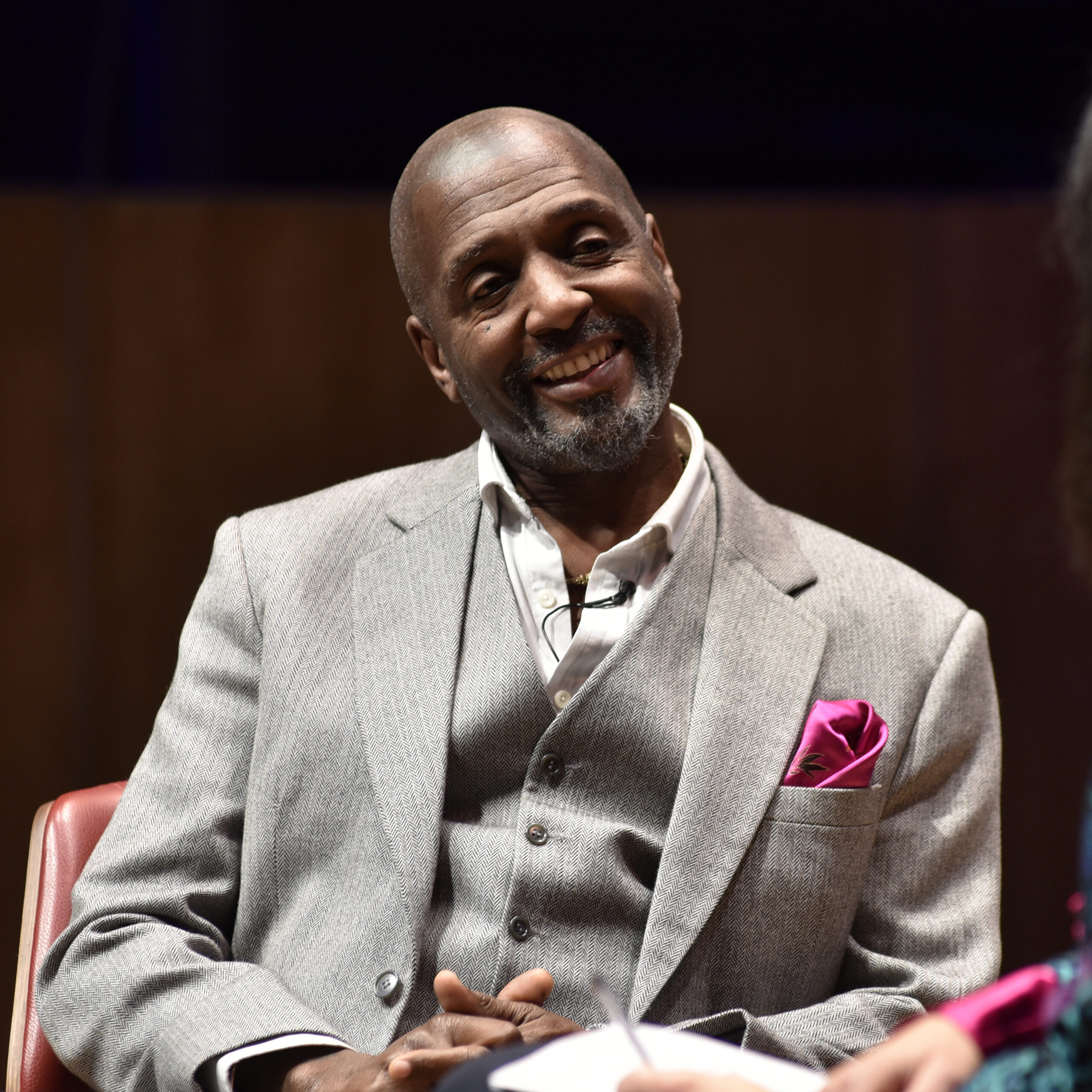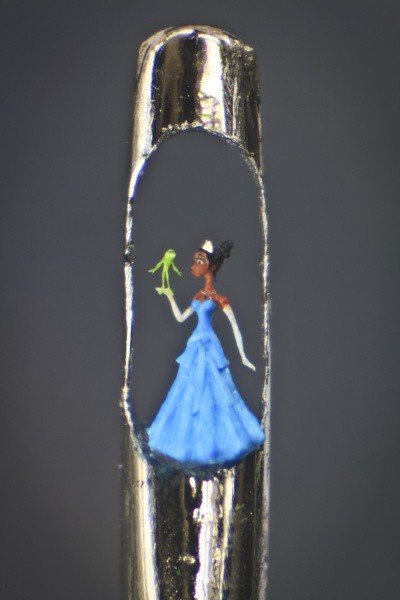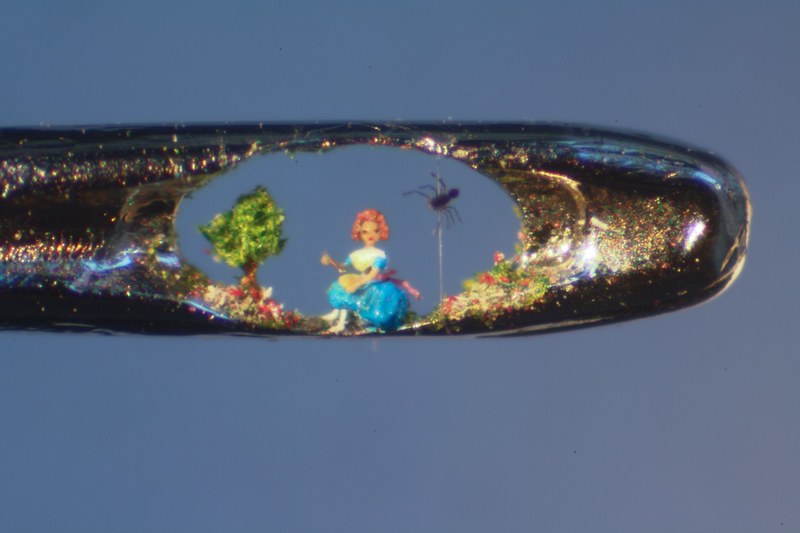It began when I was five years old. I started making houses for ants because I thought they needed somewhere to live. Then I made them shoes and hats. It was a fantasy world I escaped to where my dyslexia didn’t hold me back and my teachers couldn’t criticize me. That’s how my career as a micro-sculptor began. ~Willard Wigan

Willard Wigan is an incredible artist and genius whose work has captivated people around the world. He has achieved something that many thought was impossible – he has created tiny sculptures that are too small to be seen with the naked eye! His pieces measure just a few micrometers in size, making them among the smallest works of art ever created.
What makes Willard’s work even more impressive is the fact that he achieved it despite having to overcome dyslexia. When he was a primary schoolboy in 1960s Birmingham, England, Willard was ridiculed by teachers and classmates for not being able to read. No one talked about dyslexia back then, so his learning problems went unidentified.
His teachers told him he was stupid and would never amount to anything. They would make him stand in front of the classroom, and when he couldn’t do the work, one of his teachers would point at him and explain to the class that Willard is an example of failure.
Instead of allowing himself to become discouraged, he used the experience to fuel his creativity and create unique pieces of artwork. When Willard was just 5 years old, he started going to a shed behind a garden to get away from his mean teachers. He used his imagination to create different worlds where he felt more important. This is also where he became friends with ants and started making tiny sculptures for them. Willard even built the ants their own homes and made hats and shoes for them!
In July 2007, he was made a Member of the Most Excellent Order of the British Empire.
In September 2017, Willard was recognized by Guinness World Records as having created the smallest hand-made sculpture in the world.
In January 2018, he received an honorary doctorate from the University of Warwick in recognition of the significant contributions that he has made to art and sculpture.
Willard’s story is a testament to the power of hard work and determination, proving that nothing is impossible if you put your mind to it. He has become an inspiration for many, especially those with dyslexia, showing them that great success can be achieved even when faced with adversity. Willard is a true pioneer in the art world and his incredible achievements serve as an inspiration to us all.
So, let’s celebrate Willard Wigan for becoming the world’s greatest micro-sculptor, inspiring children with dyslexia all over the world to overcome adversity and reach success!



This is amazing!! If his teachers could see him now! It’s sad when educators don’t see when children have a learning problem but it’s awesome how Willard didn’t become discouraged and used his creativity to excel.
This is an inspirational story that others with dyslexia can learn from.
Flo, I never imagined this form of art! Greatest kudos to Sir Willard for all he has achieved, and for bypassing (and dismissing?) those who were unkind to him. I do wonder if he has since sought effective help for reading.
That is an awesome story of an incredibly creative man. I am happy that he discovered his own gifts and that he was able to show them to the world.